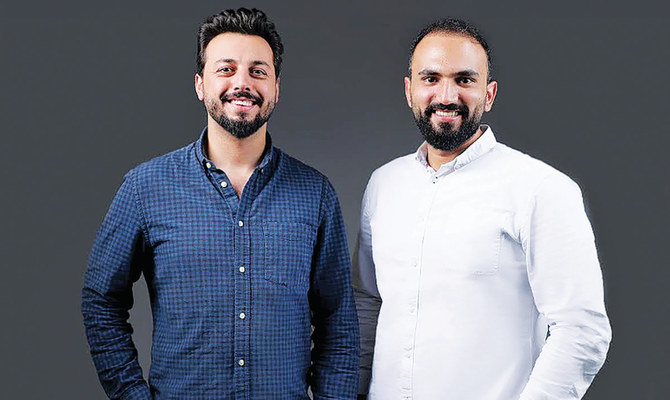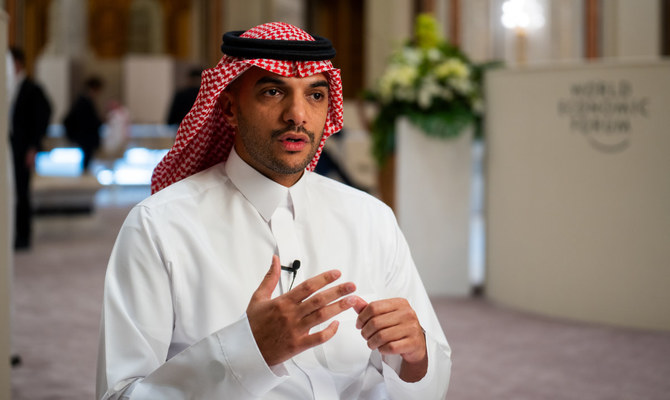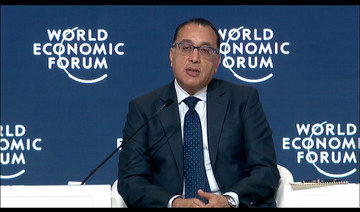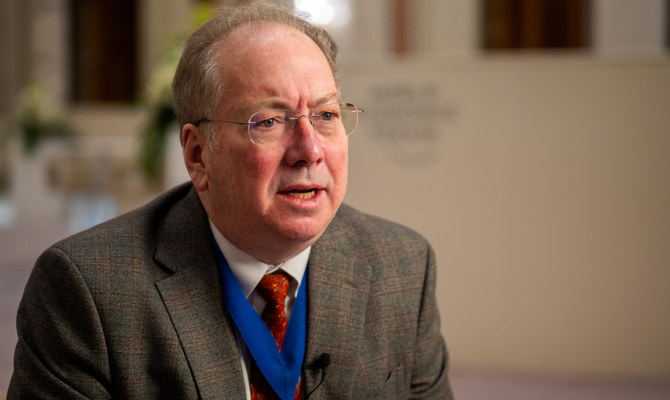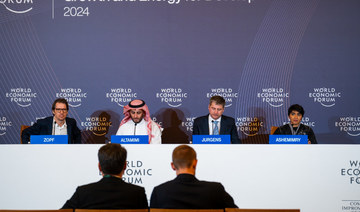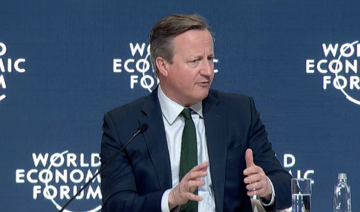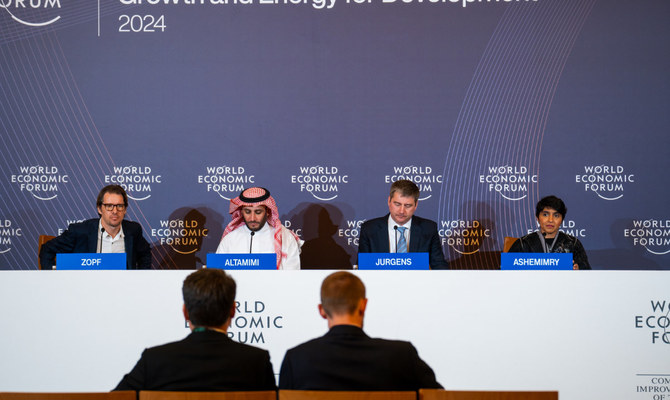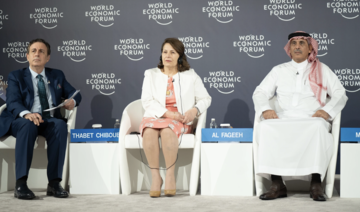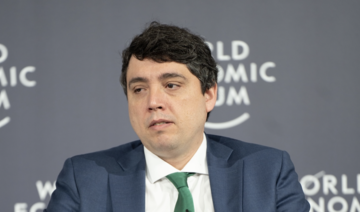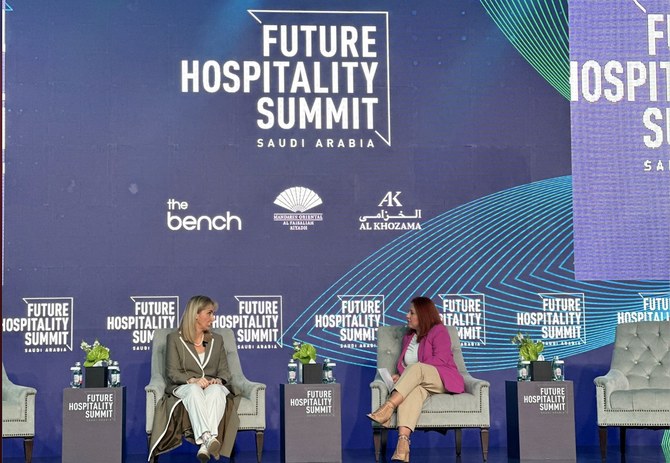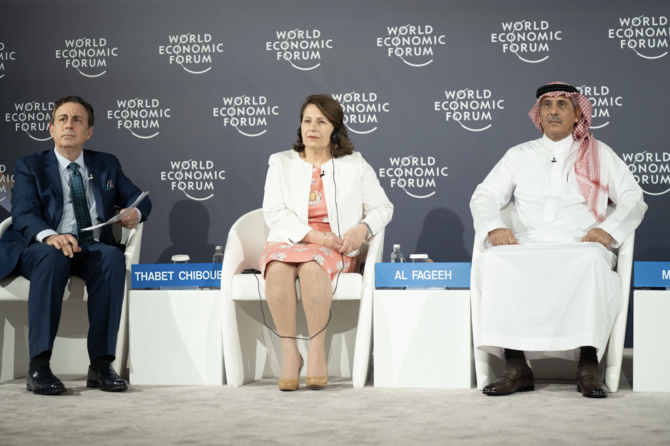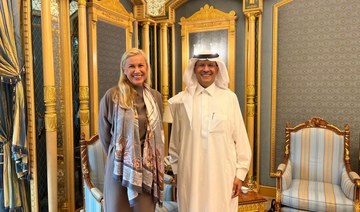CAIRO: With strong economic fundamentals and rising investor confidence, the Middle East and North Africa region has become a hot spot for business consolidation and fundraising startups.
The growing presence of a well-developed venture capital ecosystem has also significantly improved startup funding in the region, disrupting traditional markets.
For instance, German food-ordering giant Delivery Hero has left no stone unturned in entering the region.
On July 24, the company acquired the remaining 37 percent stake in HungerStation, a leading food-ordering platform in Saudi Arabia.
The acquisition pushes the Saudi company toward the unicorn status of $1 billion, with the deal’s $297 million closure elevating its total value to $802.7 million.
Last year, HungerStation experienced a substantial 36 percent surge in revenue, accumulating €609 million ($678 million) and concluding the year with profits exceeding €50 million.
“We believe in the Kingdom of Saudi Arabia’s 2030 vision, ambition and potential and are committed to contributing to its ongoing success through HungerStation. I look forward to continuing to build great products and delivering an amazing experience for our Saudi customers,” said Niklas Ostberg, CEO and co-founder of Delivery Hero, in a statement.
Taking sole ownership will allow Delivery Hero to build stronger ties between HungerStation and the rest of its ecosystem, leading to better knowledge sharing and tech integration.
Founded in 2012 by Ebrahim Al-Jassim and Hossein Bukhamseen, HungerStation is a food delivery app in Saudi Arabia and Bahrain.
Delivery Hero has a presence in over 70 countries and generated over €11.4 billion in gross merchandise value in the first quarter of 2023. It is also the parent company of regional companies Talabat and InstaShop.
UAE’s Wellx raises $2m to fuel expansion
The UAE-based insurance technology startup Wellx announced it closed a $2 million seed funding round.
Launched in 2022, the wellness company plans to use the capital to drive growth in the region, stimulate technological innovation, and push its mission of nurturing healthier and more resilient communities.
Dubai Future District Fund led the seed funding round in the presence of a diversified group of investors.
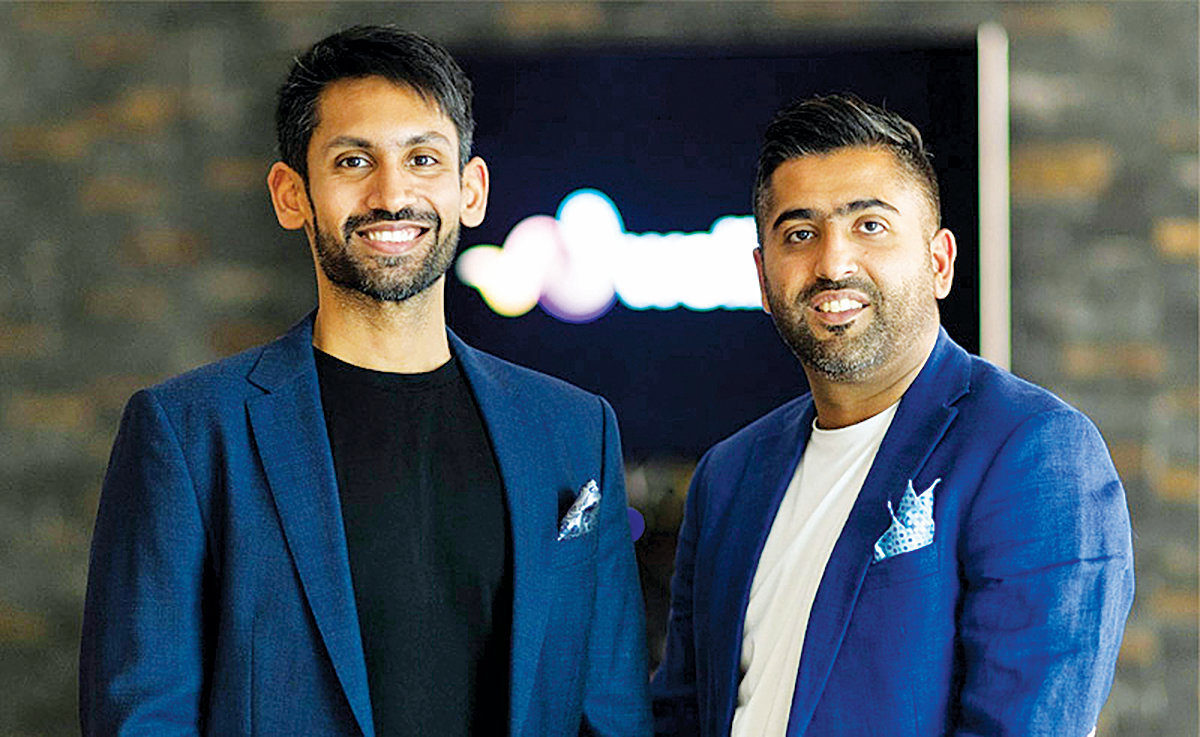
Wellx’s $2 million seed funding will support its expansion plans. (Supplied)
These included DASH Ventures, Annex Investments and Sanabil 500 MENA Seed Accelerator from Saudi Arabia.
International venture capitals such as Aditum Investments from Luxembourg, Toronto’s Loyal VC and Silicon Valley’s Plug and Play Ventures were also party to the deal.
Founded by Vaibhav Kashyap, Javed Akberali and Anushka Patchava, Wellx leverages behavioral science and gamification, incentivizing healthier lifestyle choices for its users via personalized rewards.
The startup intends to allocate this capital toward refining its product design and investing in emerging technologies, such as artificial intelligence coaching, to enhance the user experience in the insurance industry.
Wellx CEO Kashyap said: “This investment enables us to expand our global customer base and accelerate our growth.”
Akberali reflected on the high growth potential of digital health insurance and wellness in the backdrop of UAE’s National Strategy for Wellbeing 2031, disrupting several traditional business models and creating sunrise industries.
The funding will also support Wellx’s expansion plans, including recruiting global talent.
DESAISIV secures $2m for tech disruption
Saudi Arabia’s insurance technology startup DESAISIV has secured $2 million in a pre-seed funding round.
The company, co-founded by Saed Khawaldeh and Mohamad Nabhan, focuses on disrupting the health insurance sector with an innovative, artificial intelligence-powered insurance customization platform.
DESAISIV is working with top machine learning scientists from the University of Oxford to develop AI solutions that drive insurance decisions.
“Our mission is to revolutionize the insurance sector by leveraging the limitless potential of artificial intelligence,” said Khawaldeh.
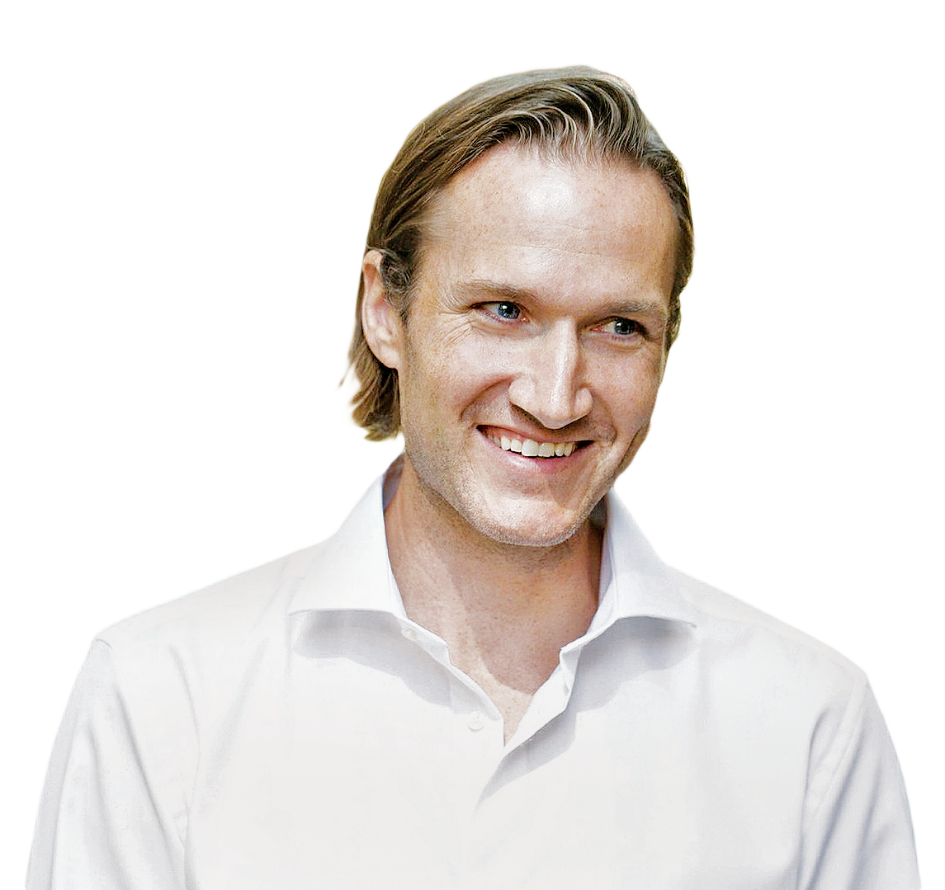
I look forward to continuing to build great products and delivering an amazing experience for our Saudi customers.
Niklas Ostberg, CEO and co-founder of Delivery Hero
With access to a vast database of hundreds of millions of patient records, DESAISIV has achieved a prediction accuracy of over 95 percent using its technology.
These insights fuel its AI-powered products, which optimize various aspects of health insurance, including automating underwriting procedures, tailoring policies, predicting emerging diseases, identifying high-risk behaviors and reducing customer attrition.
“By fusing AI-driven innovations with the insurance industry, we are on a mission to transform the entire global landscape, bringing forth a new era of unparalleled efficiency and customer-centricity,” said Nabhan.
The pre-seed funding round included investment from 500 Global, Terra VC, Oqal and influential figures from leading insurance firms in the MENA region, the UK and the US.
The funds will be used to expand operations and teams, develop additional AI products and explore new markets.
“By harnessing the power of AI, we are reshaping the insurance industry worldwide, empowering insurers and clients with unprecedented capabilities and paving the way for a brighter future,” said Khawaldeh while sharing his global ambitions.
“With this strategic funding, DESAISIV is poised to transform the insurance sector at its core,” added Nabhan.



